Android Development
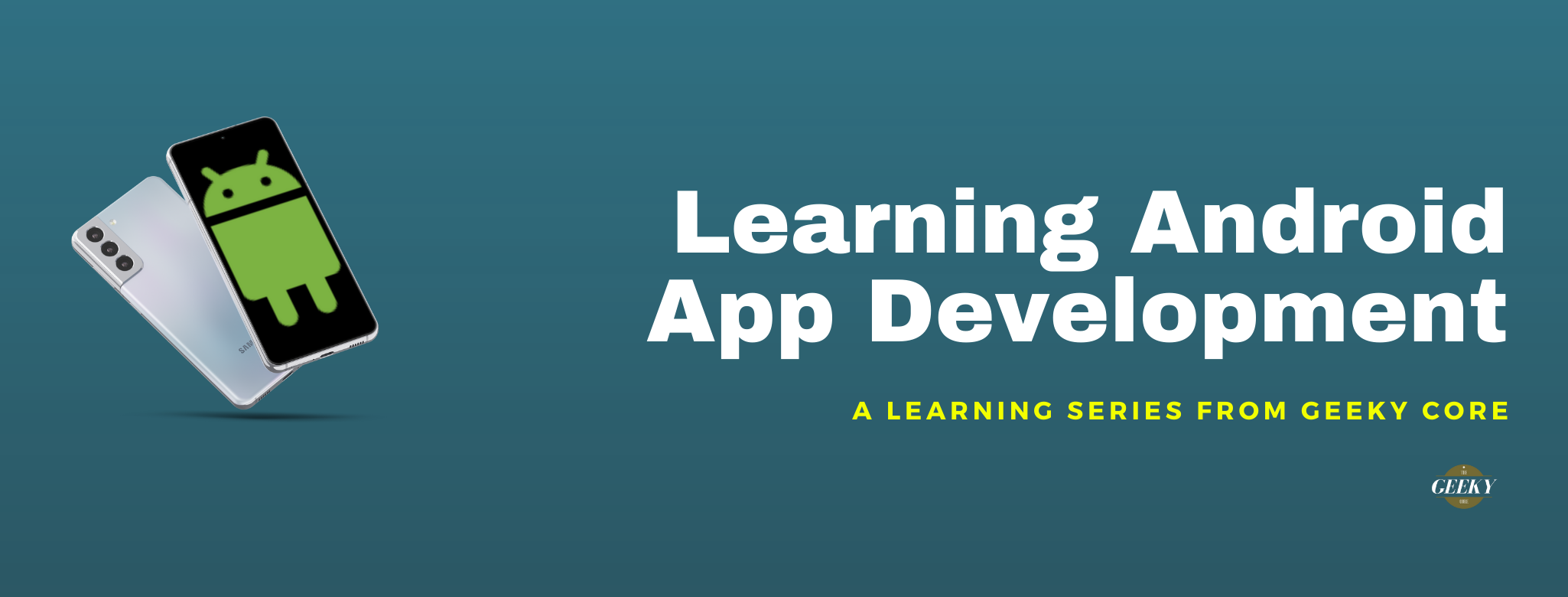
About Android:
Android is an open-source operating system initially targeted for mobile devices but now these days also developed for various
platforms like TVs,
Smartwatches, Consoles, Automobiles, etc. It is based on the modified version of the Linux kernel. It was developed
by a consortium of the developers
known as "Open Handset Alliance" and is commercially sponsored by Google. It was commercially
released in 2008 and has replaced various mobile operating
systems like Symbian, Java, etc. Today its holds s huge share in the mobile
domain as well as other consumer electronics.
Android Version History:
Ever since its initial release in 2008, Android has evolved a lot and its many version has come till now. The below table summarizes all the
major version
history of Android OS.
| Version | Icon | Version name | Year | API versions |
|---|---|---|---|---|
| 1.0 | Android 1.0 | 2008 | 1-2 | |
| 1.5 |

|
Cupcake | 2009 | 3 |
| 1.6 |

|
Donut | 2009 | 4 |
| 2.0 |
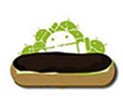
|
Eclair | 2009-2010 | 5-7 |
| 2.2 |

|
Froyo | 2010 | 8 |
| 2.3 |

|
Gingerbread | 2010 | 9-10 |
| 3.0 |

|
Honeycomb | 2011 | 11-13 |
| 4.0 |

|
Ice-Cream Sandwich |
2011 | 14-15 |
| 4.1 |

|
Jelly Bean | 2012 | 16-18 |
| 4.4 |

|
KitKat | 2013 | 19-20 |
| 5.0 |

|
Lollypop | 2014 | 21-22 |
| 6.0 |

|
Marshmallow | 2015 | 23 |
| 7.0 |
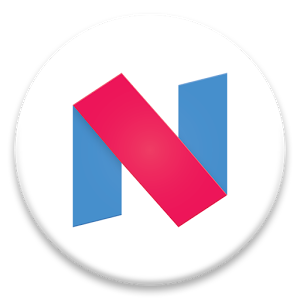
|
Nougat | 2016 | 24-25 |
| 8.0 |

|
Oreo | 2017 | 26-27 |
| 9 |

|
Pie | 2018 | 28 |
| 10 |
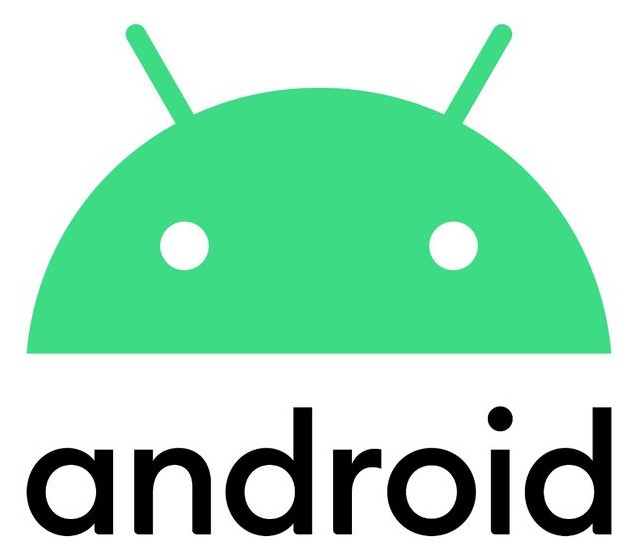
|
Android 10 | 2019 | 29 |
| 11 |

|
Android 11 | 2020 | 30 |
| 12 |
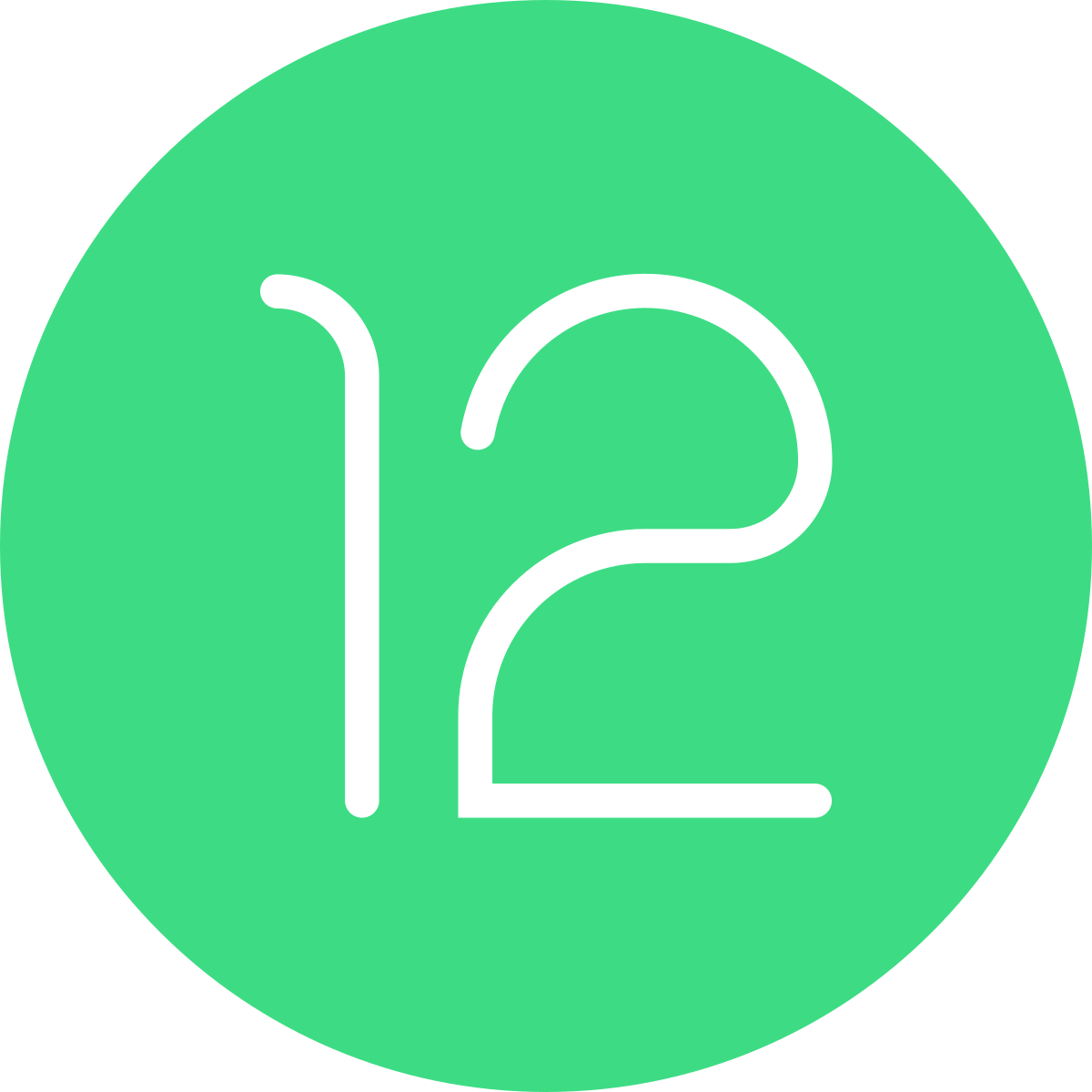
|
Android 12 | 2021 | 31 |
API level is the value which determine the Android framework revision available with the particular Android version.
Android Features:
Android supports a vast range of features as per he current market demand which it one of the promising operating system. Some of
its important features are as below:
- Generic Features:
Various generic features supported by Android operating system are:- Telephony
- Messaging
- Voice command
- Dedicated Web browser
- Multi-tasking
- Video Calling
- GPS support
- Multi-language support
- Screen capture
- Media supports:
A huge number of media file formats are supported by the Android operating system. Examples of these are WebM, H.263, H.264, AAC, HE-AAC, MPEG-4
SP, AMR, AMR-WB, MP3, MP4, MIDI, Ogg Vorbis, FLAC, WAV, JPEG, PNG, GIF, BMP, and WebP. - Connectivity:
It also covers various aspects of connectivity features. For wireless connectivity, it supports technologies like GSM/EDGE, Bluetooth, LTE, CDMA, EV-DO,
UMTS, NFC, IDEN, and WiMAX.And for wired connectivity for data transfer, it supports USB protocol. For Bluetooth, it supports various Bluetooth profiles
like PBAP, A2DP, AVRCP, HFP, DUN, FTP, SPP, HID, OPP, MAP, etc. - User interface:
Android GUI (Graphical user Interface) is very user friendly and also easily customizable. - OTA Updates:
It also provides OTA(Over The Air) updates features so that devices will receive timely system updates from the device manufactures. - Gaming:
The gaming platform of Android supports a vast range and different categories of games. - Hardware drivers:
Various hardware device drivers for different sensors like camera, touchscreen panel, GPS, gyro-meter, accelerometer, barometer, 3D graphics drivers,
proximity sensor, pressure sensor, etc. are supported by Android OS.
Android applications:
Android OS provides some basic built-in applications like Chrome browser, Contacts, Google Maps, Playstore, etc. Apart from these, we
can
download securely more third-party apps from the Google Playstore application or we can design our application. Here in the
upcoming chapters,
we learn to design and develop our android applications. For designing the GUI of application XML technologies or
other third-party designing
tools are used. And for developing the internal logic of the application and linking the GUI with internal logic
generally, Java and Kotlin language
is used. In this learning, we will with Java and will cover Kotlin separately in other learning series.
Why to learn Android:
There are various reason which let us on the way to learn about Android and android app development. Some of them can be summarize
as:
- Market demand -Today the devices powered by Android cover a huge share in today's emerging market and are used in various domains.
So there is a
day-by-day increase in the demand for android app developers who can contribute more with their innovative ideas. - Open Source Platform -Android is a open source platform, so it is easy to use its various libraries in app development. Also one can
share their ideas or
doubt with the other developers in the Android developer community. - Low Development Cost -Being an open source, Android SDK (Software Development Kit) and Android Studio IDE which is required for Android
development
environment is easily available and of without any cost from it official website. So one can easily develop and deploy their apps. Developer should only need
to invest money in the hardware part like, a PC with a good configuration and devices for testing if one needs to test their apps rigorously in real devices
other than Android Virtual Devices(AVD). We will covers about AVDs in upcoming chapters.
Target Audiances:
This learning series has been prepared for beginners and technical enthusiasts to give them a glimpse of Android OS and understand the Android application development